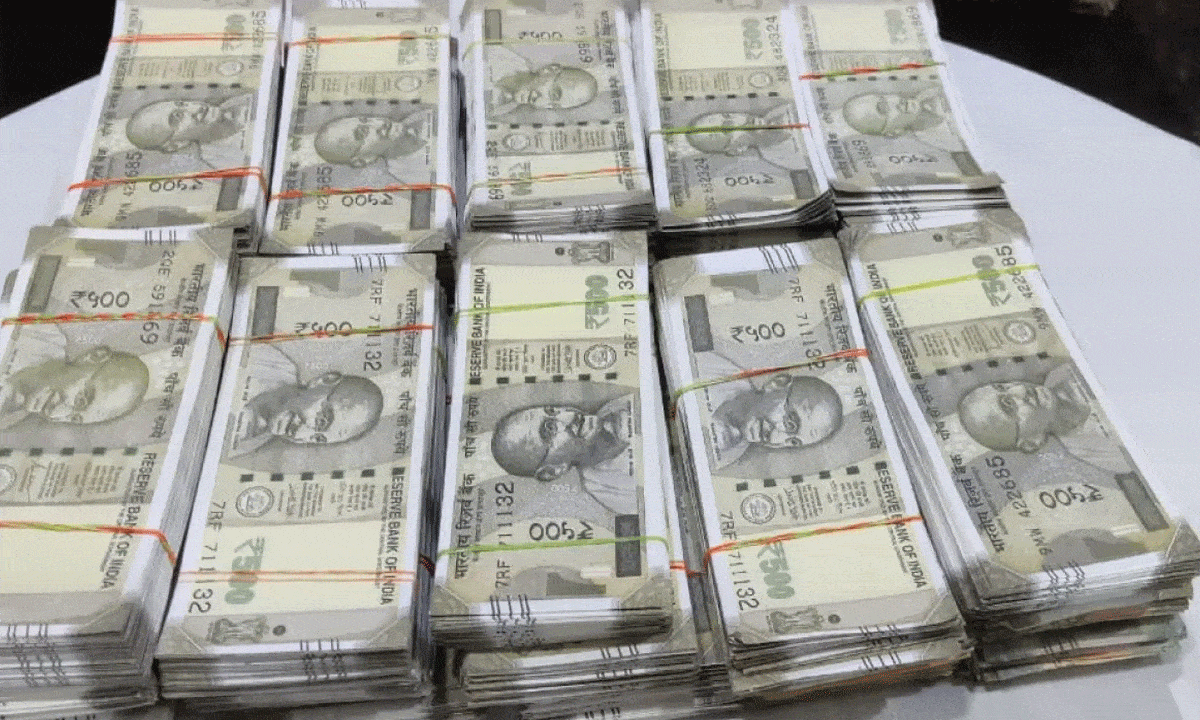Rajiv Yuva Vikasam | No Funds for Now — Government Says ‘Wait Until We Win the Local Elections’!
The Congress-led Telangana government has temporarily paused the Rajiv Yuva Vikasam scheme, citing mounting criticism from youth, political favoritism allegations, and procedural confusion.

Hyderabad: The Congress-led Telangana government has temporarily paused the Rajiv Yuva Vikasam scheme, citing mounting criticism from youth, political favoritism allegations, and procedural confusion. The decision comes ahead of the upcoming local body elections, with officials confirming that beneficiary selection will resume only after elections, through village-level Gram Sabhas.
Table of Contents
Application Flood vs. Limited Sanctions
The response to the scheme was overwhelming, with over 16.27 lakh applications received from SC, ST, BC, Minority, and EBC communities. However, the government could approve only 4.93 lakh units under the current budget.
- The plan was to start with ₹50,000 units
- Gradually scale up to ₹4 lakh units
- Initially planned for distribution on Telangana Formation Day (June 2)
But delays caused by bank-level CIBIL score scrutiny and political pressure to prioritize Congress workers have brought the selection process to a halt.
Also Read: New Rules at the Secretariat: ‘No Entry’ for Visitors During CM’s Visit
Youth Opposition Forces Government to Step Back
Despite the scheme being labeled as a youth empowerment program, the age limit was set up to 60 years, which triggered widespread backlash from the youth. Additional discontent was fueled by:
- Allegations that MLAs are pushing their own candidates
- Claims that only Congress-affiliated workers are being considered
- Strict eligibility filters and procedural hurdles
In response, Chief Minister Revanth Reddy announced a pause in the implementation, hinting at a more transparent selection process post-election.
Why the Delay Matters: Political Sensitivity Ahead of Elections
More than 50% of applicants applied for ₹4 lakh units, which require bank linkage loans, not just government subsidies. Additionally, over 10 lakh prior applicants for Dalit Bandhu, BC Bandhu, and TRICOR loans are still waiting, creating further complications.
With the government unable to meet such massive loan demands, there is growing concern over potential public dissatisfaction and political backlash. The fear that approving loans for a few could spark protests from the rest has reportedly influenced the decision to hold the scheme until after elections.
Gram Sabhas to Decide Beneficiaries – But How?
To address transparency concerns, the government announced that Gram Sabhas will oversee beneficiary selection after local elections. However, this has created new challenges for officials:
- Most units (except ₹50,000 ones) require CIBIL clearance and bank approval
- Banks are reluctant to sanction loans without strict credit score checks
- Local Congress leaders insist on recommending their own candidates, stalling the process
- Officials fear increased political interference if selection is handled at the village level
This complex situation has left administrators confused and unsure about the execution framework.
